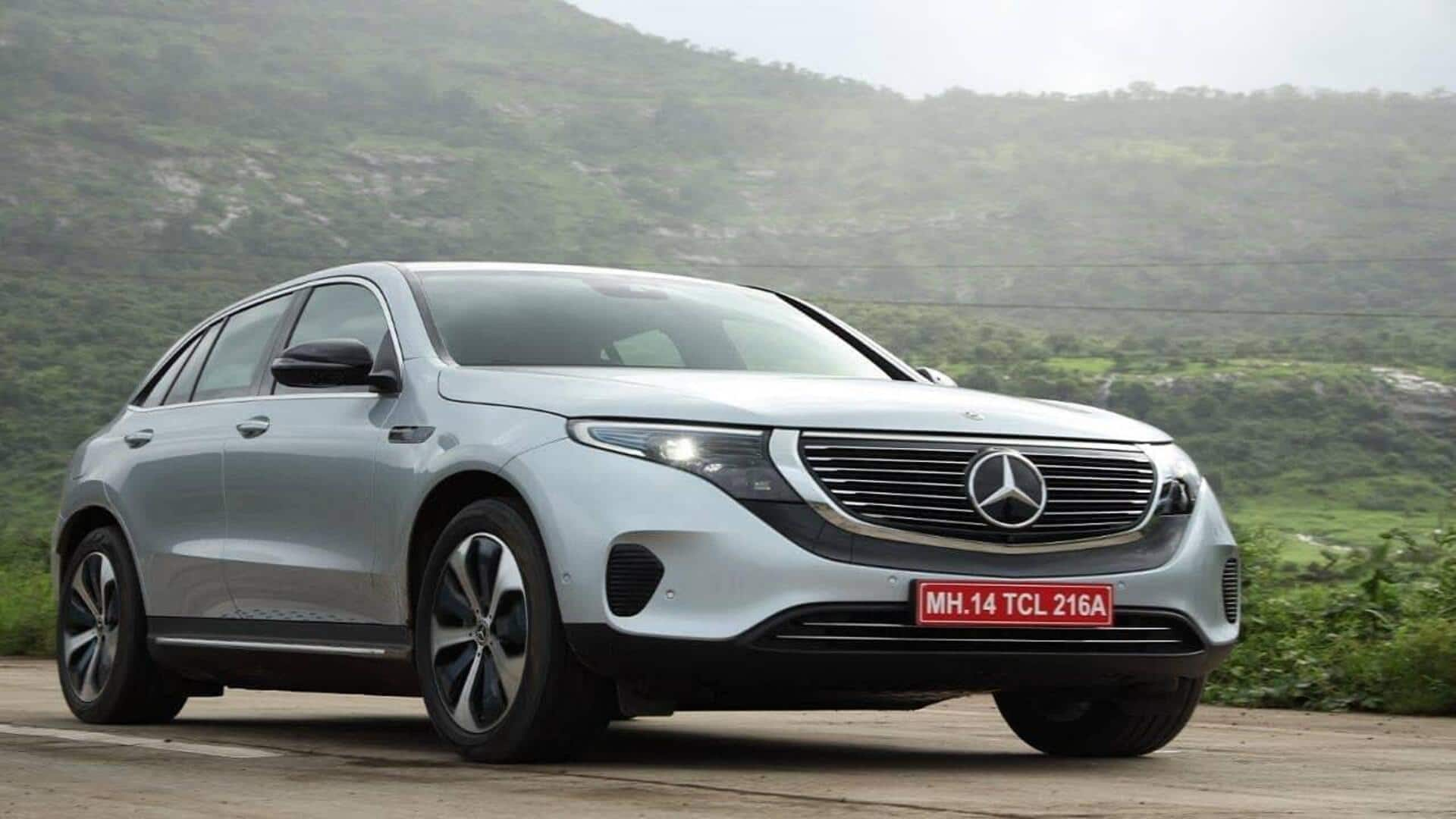
Why foreign carmakers prefer state-level EV schemes to Centre's policy
What's the story
Foreign automakers are increasingly opting for state-level electric vehicle (EV) schemes over the Indian government's Scheme to Promote Manufacturing of Electric Passenger Cars in India (SPMEPCI). The shift is largely due to the flexibility, faster clearances, and comprehensive support offered by individual states. Tamil Nadu, Andhra Pradesh, Karnataka, and Telangana have already established strong policy frameworks for manufacturing and sourcing without the stringent terms of the central scheme.
Scheme critique
SPMEPCI scheme seen as less relevant
The SPMEPCI scheme is said to favor companies looking to set up greenfield EV manufacturing plants from scratch. However, existing players already operating here find the scheme less relevant. A senior executive from a German carmaker told Moneycontrol that "states are giving us faster approvals, land at competitive rates, and even helping connect with local part makers."
Support comparison
Core incentive of SPMEPCI not enough
A European original equipment manufacturer (OEM) executive noted that the core incentive of the SPMEPCI scheme—a concessional import duty of 15% on up to 8,000 EVs a year—is not enough. This is especially true when compared to high localization targets, and a minimum investment requirement of ₹4,150 crore. The official said most state schemes offer direct tax waivers, power tariff reimbursements, capital subsidies, and labor incentives—making them more attractive for foreign automakers.
Duty conditions
Import duty concessions come with steep thresholds
The SPMEPCI scheme offers companies the benefit of importing EV parts at reduced duties for five years. However, this comes with the caveat of achieving 25% domestic value addition (DVA) within three years and 50% within five. Many executives have flagged these thresholds as steep, especially for companies already operating in India and looking to scale up using existing infrastructure.
Mandate concerns
Centre considering changes to DVA mandate
A senior government official familiar with industry discussions told Moneycontrol that foreign OEMs have questioned the DVA mandate. They have also inquired if the Centre would consider relaxing the investment threshold or recognizing past investments. The official said while the government is considering possible changes, no formal amendments have been announced yet.
Policy impact
Tamil Nadu policy offers comprehensive support
Tamil Nadu's 2023 EV policy offers special packages for automakers investing over ₹50 crore, subsidies for charging infrastructure, and state GST reimbursements. It also provides electricity tax exemptions, low-interest loans, and up to ₹48,000 per employee per year in EPF support for local hiring. Since the policy was introduced, Tamil Nadu has signed MoUs worth ₹35,000 crore with companies including Ola Electric and TVS Motor.